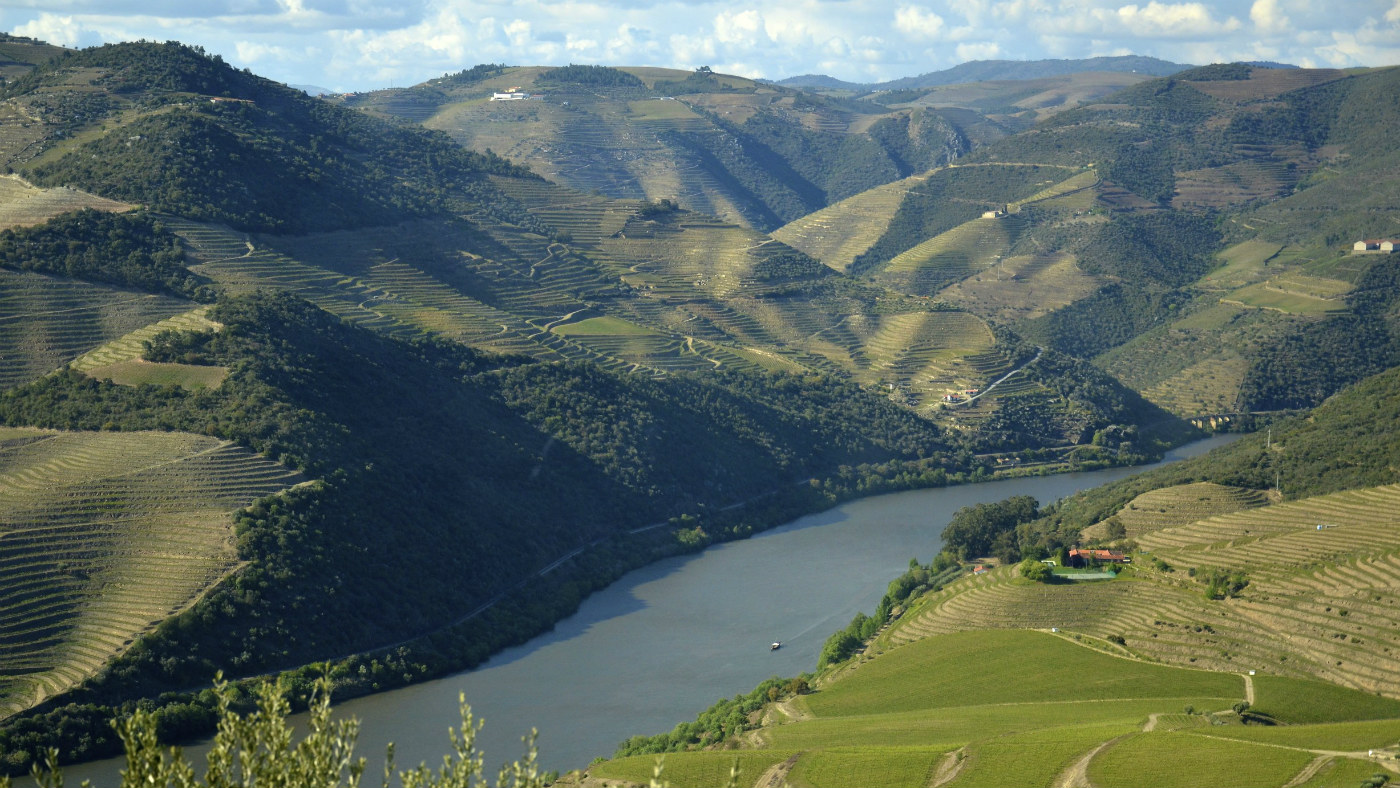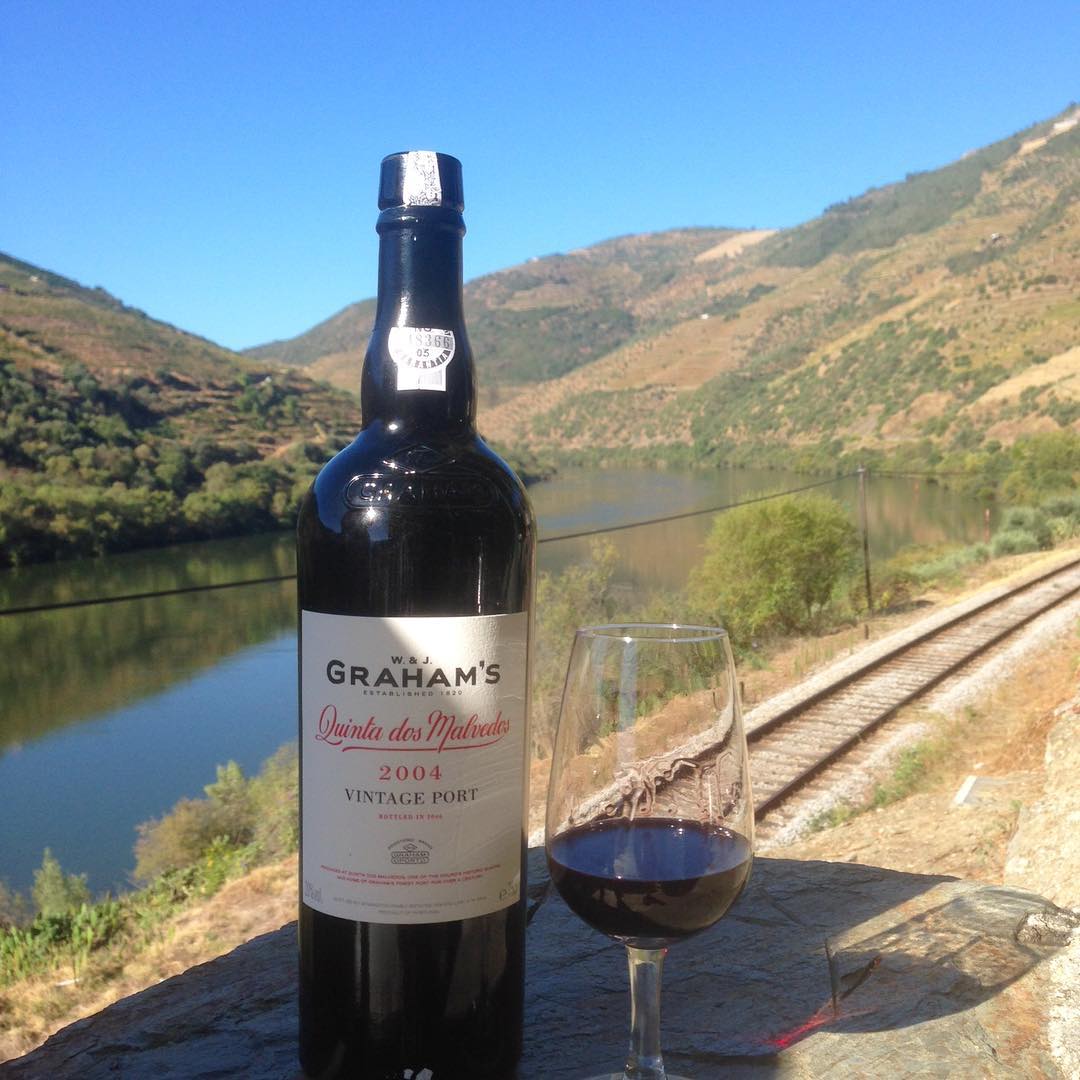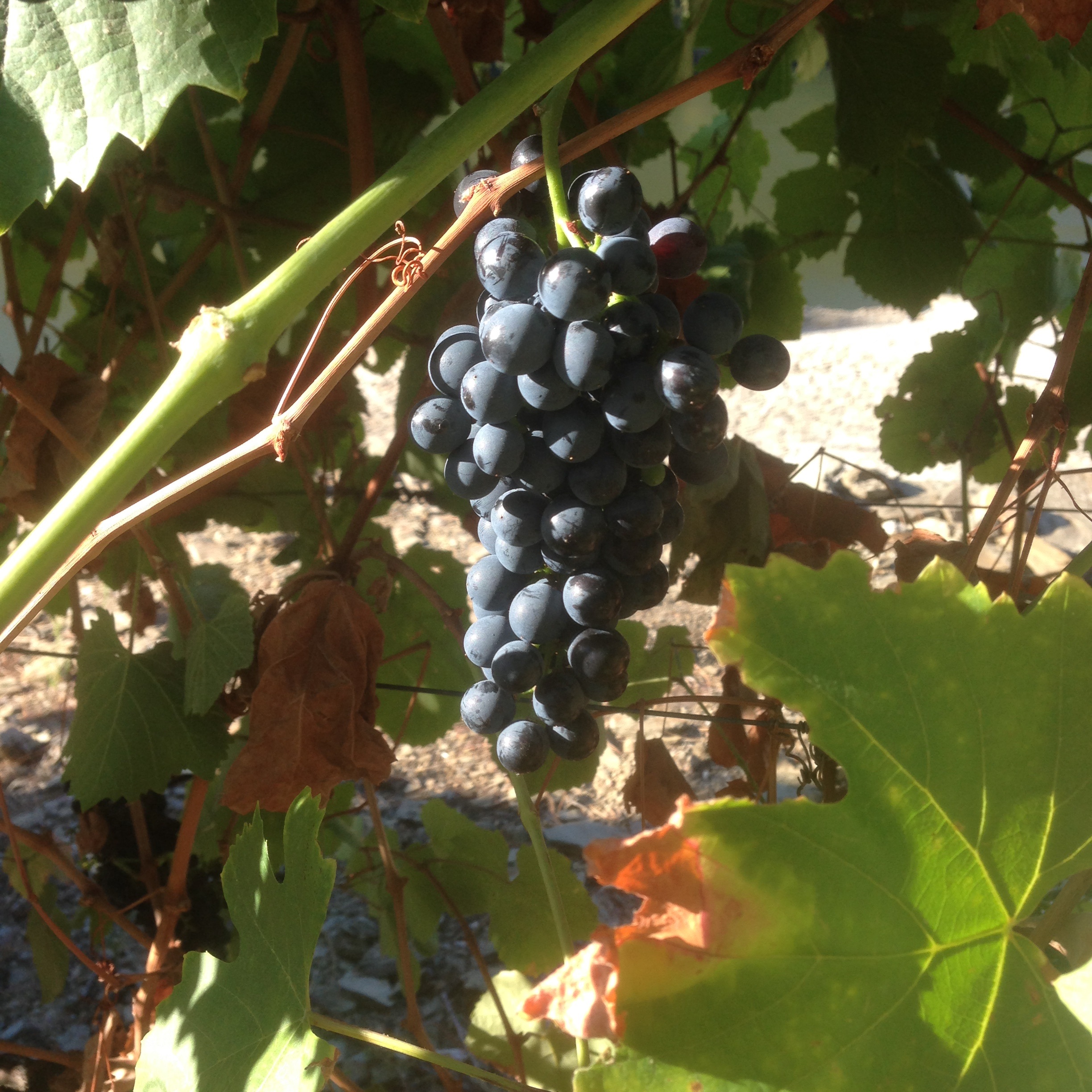First port of call: The revival of Portuguese fortified wine
The Symington family are at the forefront of port's resurgence

A free daily email with the biggest news stories of the day – and the best features from TheWeek.com
You are now subscribed
Your newsletter sign-up was successful
"Port is for life, not just for Christmas." - That seems to be the message from those in the know.
The popular festive season drink has seen something of a decline in recent years but with Portugal seeing a boom in wine tourism, that could all be about to change.
At the forefront of this is the Symington family, who count among their stable some of the most popular brands of fortified wines, including Dowe's, Graham's and the Christmas family favourite Cockburn's.
The Week
Escape your echo chamber. Get the facts behind the news, plus analysis from multiple perspectives.

Sign up for The Week's Free Newsletters
From our morning news briefing to a weekly Good News Newsletter, get the best of The Week delivered directly to your inbox.
From our morning news briefing to a weekly Good News Newsletter, get the best of The Week delivered directly to your inbox.
"Port needs to change with the times," Paul Symington, a fourth generation Port producer and the managing director of Symington Family Estates, recently told Harper's magazine.
"I do think that there is a fundamental shift in how people view Port. We have to move with the times. We are not just selling to wealthy people in great land estates with cellars under their palaces. The way people live is much more informal these days."

The driving force behind the port revival is the recent flourishing of the Douro valley – the area of Portugal responsible for the production of the fortified wine.
100km east of Porto, the Douro valley runs for a further 100km up towards the Spanish border, with the climate getting drier and warmer as you travel eastwards - perfect conditions for wine. The Symingtons own 947 hectares of vineyards, and 1008 hectares of land - most of this is owned by the company, but around a third is owned by family members and leased back to the company.
A free daily email with the biggest news stories of the day – and the best features from TheWeek.com
Arriving in the Douro by train from Oporto is unquestionably a beautiful train ride and is highly recommended.
"It is one of the world’s great train rides and, once away from Porto’s concrete suburbs, offers twisting, sighing, soaring riverine views for much of its three-hour route," says Kevin Gould in The Guardian
The area's stunning scenery and cheap land means it is quickly being seized upon by property developers but wine remains the chief attraction with port lodges and boat tours attracting large numbers of visitors throughout the warmer months.

Set into the rolling hills the lodges and farms (called Quintas) run by the various port estates allow for a forensic investigation into the art of winemaking with September and October the best time to see the harvest taking place and the grapes in their full splendour.
"The port lodges, sensitively developed as workplaces and living museums , are the ideal place to start a trip up one of Europe’s longest and most tranquil rivers," says the Daily Record's Kevin Mansi.
The lodges are the latest step in the plan to stem the decline in port’s popularity and transform the fortified wine into a drink that appeals to the next generation.
Symington highlighted Graham's Tawny Port which has seen "phenomenal growth" among young people in a recent interview with the Daily Telegraph.
"It doesn’t need decanting and is designed to be served chilled. Everyone seems to be drinking chilled drinks these days, from rosé and beer to gin and tonic. This has transformed our sales," he said.
The new additions to the market of white and rosé port have been key to the re-introduction of port to a younger audience.
Served chilled and neat or topped up with cold tonic and ice, white port is gaining traction in the aperitif market, currently dominated by its Aperol and gin.
Rosé or pink port is a refreshing modern alternative, mixed with cold tonic, soda water or, for a sweeter long drink, lemonade and is also commonly used as an ingredient in cocktails.
Portuguese wine more generally is also gaining plaudits. At this year’s International Wine Challenge tasting, Portugal was third in the world for gold medals after France and Australia, and two-thirds of these were for port.
"It’s a matter of great pride to Symington that in 2014 the Wine Spectator magazine placed Dow’s 2011 Vintage Port at No1 in their Top 100 wines – and their Chryseia wine at number three," notes Mansi.
With tourism to the Douro on the rise and the Symington family at the head of the charge to re-establish fortified wine in the UK's drinking habits – there's never been a better time to get reacquainted with port.
-
 Political cartoons for February 16
Political cartoons for February 16Cartoons Monday’s political cartoons include President's Day, a valentine from the Epstein files, and more
-
 Regent Hong Kong: a tranquil haven with a prime waterfront spot
Regent Hong Kong: a tranquil haven with a prime waterfront spotThe Week Recommends The trendy hotel recently underwent an extensive two-year revamp
-
 The problem with diagnosing profound autism
The problem with diagnosing profound autismThe Explainer Experts are reconsidering the idea of autism as a spectrum, which could impact diagnoses and policy making for the condition